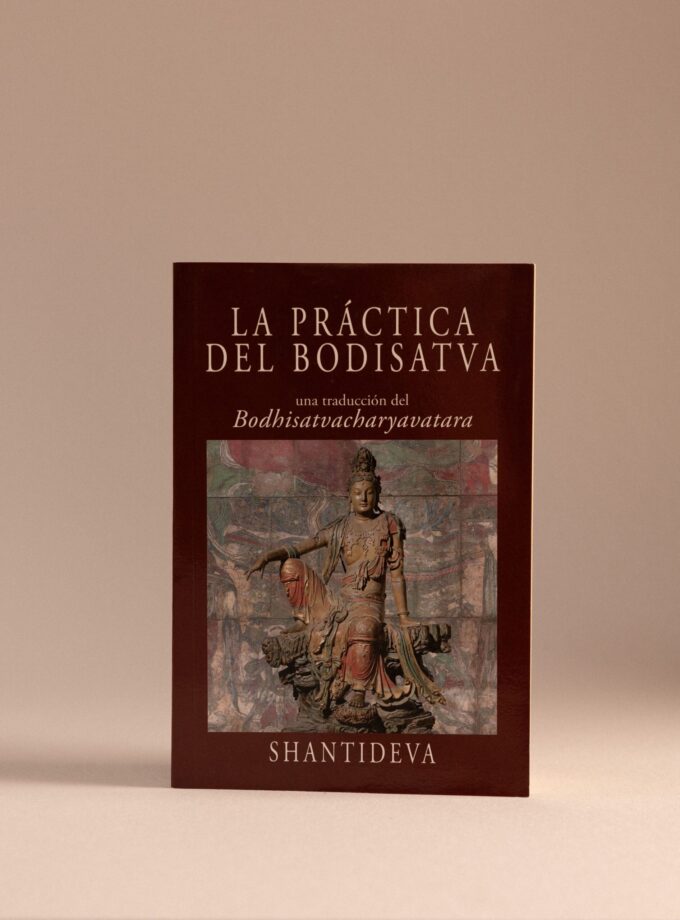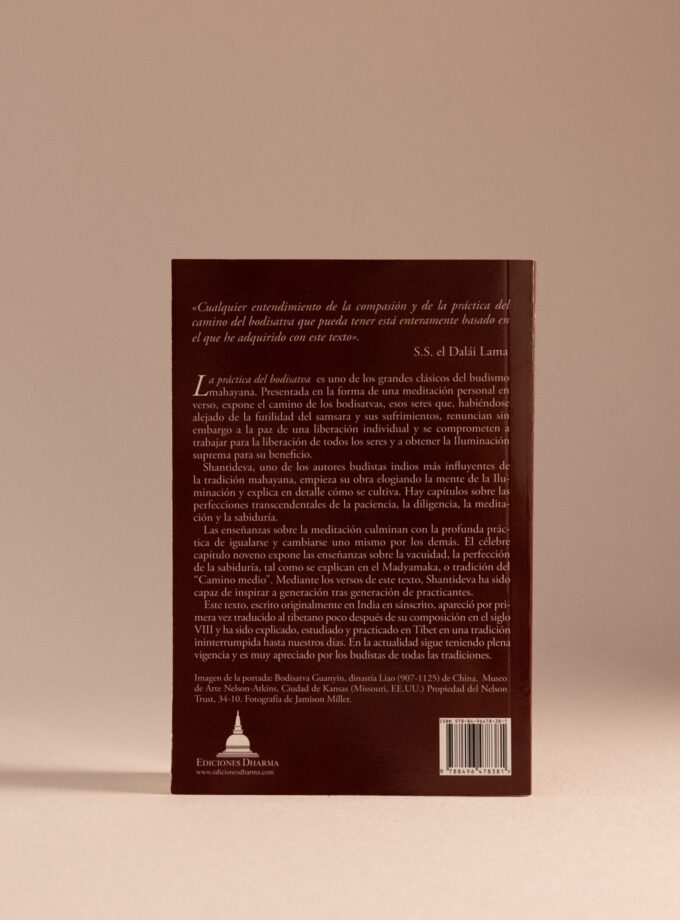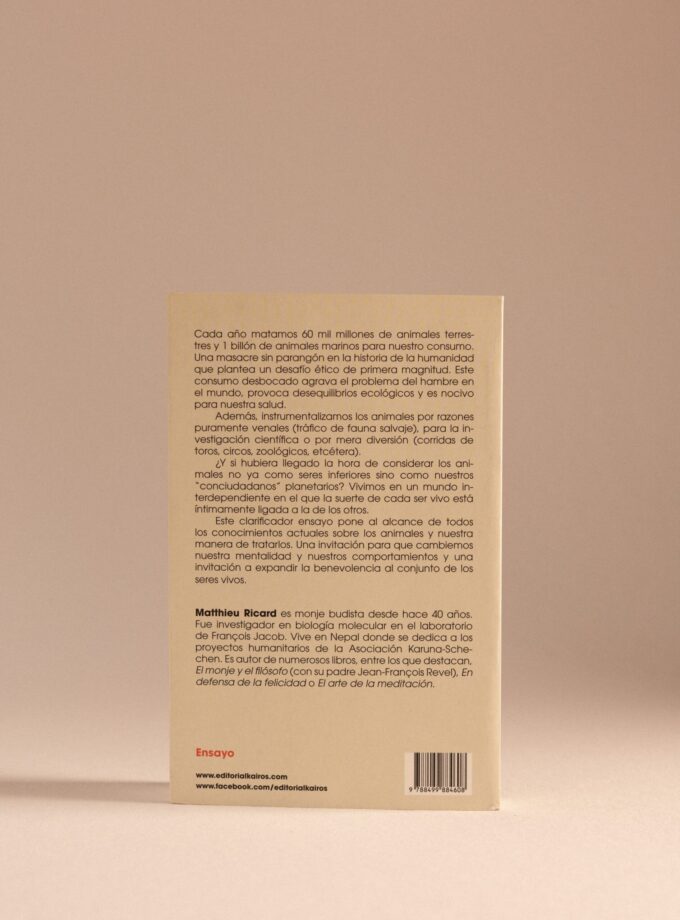The Abhidharma is one of the three sections of the Tripitaka, the Buddhist canon, which focuses on the classification and detailed analysis of mental and physical phenomena. Its purpose is to provide a deep understanding of the nature of the mind and the world, breaking down the Buddha's teachings into a more systematic and technical structure. The Abhidharma addresses not only philosophical doctrines, but also meditative practices, analysing how the mind operates and how phenomena interrelate. In studying Abhidharma, practitioners seek to discern the causes and conditions that produce suffering and how liberation can be achieved through profound wisdom.
Chögyam Trungpa Rinpoche, one of the most influential Buddhist masters of the 20th century, played a crucial role in introducing and adapting Tibetan Buddhism to the West. Founder of Naropa University and the Shambhala lineage, Trungpa not only taught profound meditative practices, but also promoted a modern and accessible view of Buddhism. His often unconventional approach challenged traditional notions and taught Westerners how to integrate meditation and compassion into daily life. Through his teachings, Trungpa encouraged students to cultivate mindfulness and an awakened mind, emphasising the importance of living authentically and courageously, without clinging to the illusions of the ego. His legacy lives on, inspiring generations to live with clarity, compassion and wisdom.

































Reviews
There are no reviews yet.